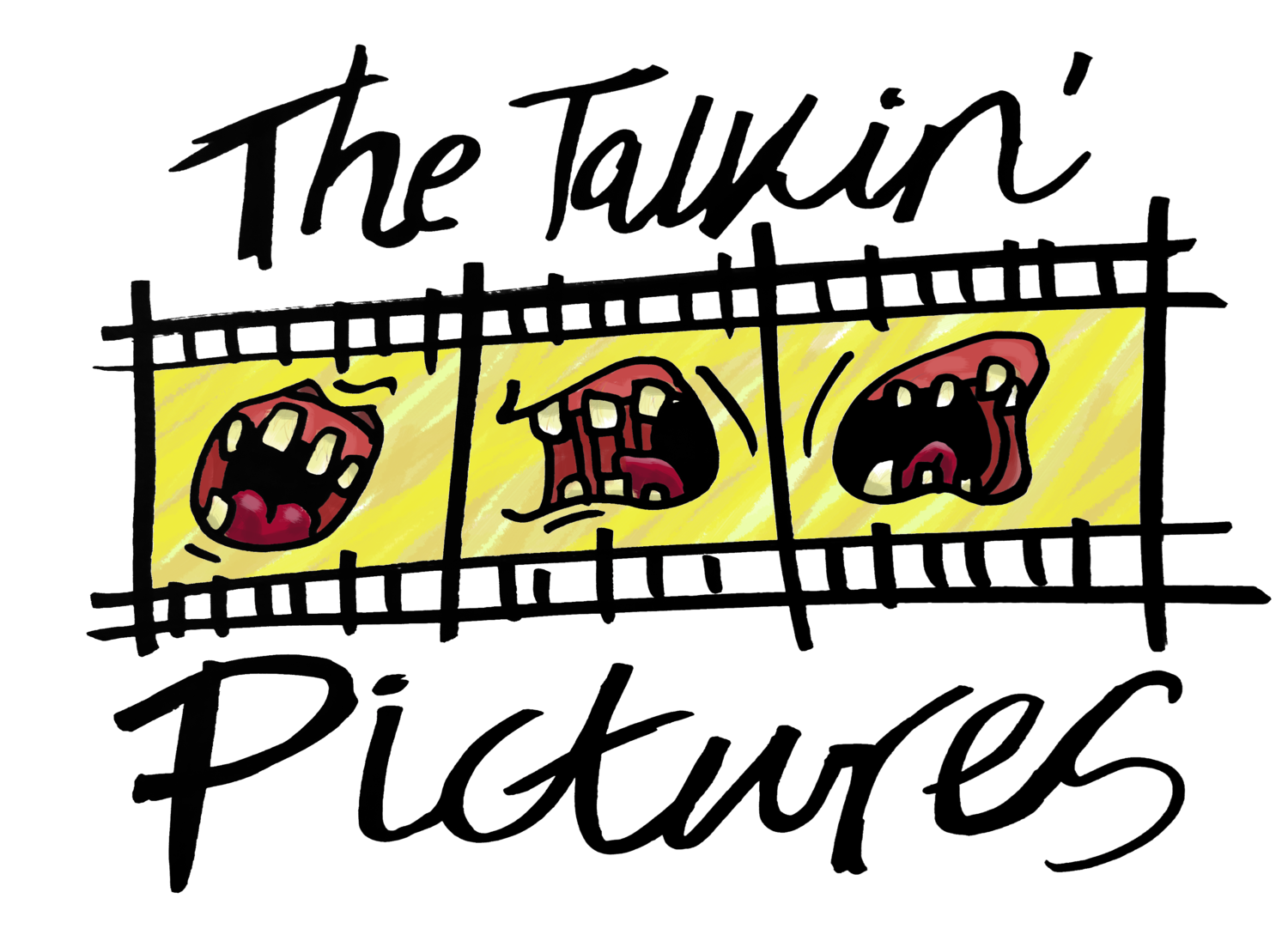"Why would you want to prove that all is for nothing?"
In the not-too-distant future computer programmer Qohen Leth (Christoph Waltz) is awaiting a very important phone call. After constant requests, his supervisor (David Thewlis) grants him permission to work from home but only if he works on the mysterious Zero Theorem, a bizarre mathematical computer program that seems to create black holes and only purpose is to prove that life is meaningless (“Zero must equal 100%”). As he works away at the program, Qohen is joined by an exuberant call girl (Melaine Thierry) and the son of his employer, Bob (Lucas Hedges), but the longer he works, the closer the theorem pushes him to the brink of insanity.
Director Terry Gilliam is back, returning to the science-fiction genre that helped put him on the map as one of the most visually interesting directors of his generation. The film was made on a shoestring budget, shot in Romania, and is a testament to what Gilliam and his crew are able to pull off. The film is gorgeously designed with everything from the personalized talking billboards to the abandoned church that Qohen lives in reeking of authenticity and Gilliam’s unique visual flair.
Waltz does a wonderful job, breaking away from the charismatic characters Hollywood audiences have come to know he play in Tarantino films and portrays Qohen as a very complicated and meek fellow. His stammering and awkwardness play brilliantly off the bubbliness Melanie Thierry has brought to the new age call girl, Bainsley. At it’s core, “The Zero Theorem” plays like a twisted love story as we slowly watch Qohen let himself go and start to embrace life with the help of Bainsley (as well as some blunt but nonetheless useful advice from the young Bob). It’s the relationship that develops between these two characters that helps the audience along, acting as an emotional guide rope through the bizarre and madcap environment that Gilliam has set as his stage.
This film could be seen as somewhat of a companion piece to Gilliam’s 1985 masterpiece “Brazil”. Both films deal with a dystopian future, bureaucracy and a man yearning for something more out of his life. It’s just a shame “The Zero Theorem” is a little to convoluted for it’s own good (and that’s even in comparison to “Brazil”). I’m not saying it’s a bad film, its beautifully constructed and designed (like all of Gilliam’s work) it just seems a little too busy. What starts as a simple and fun premise starts to get multiple layers added on top of it until it seems like it might all come crashing down, similar to the building blocks in Qohen’s program. That being said, if you’re in the mood for some bizarre escapism with an extremely unique visual style, the film is definitely worth a look, if for nothing else than to see the always brilliant and criminally underused David Thewlis chew the scenery in everyone of his scenes as Qohen’s overly friendly and excitable boss.
6.75 out of 10
Reviewed by Chris Swan



